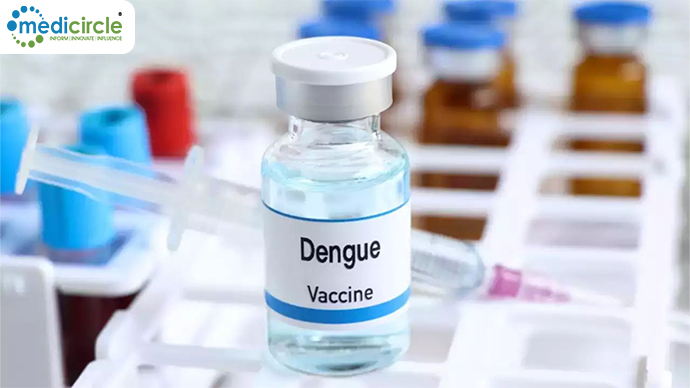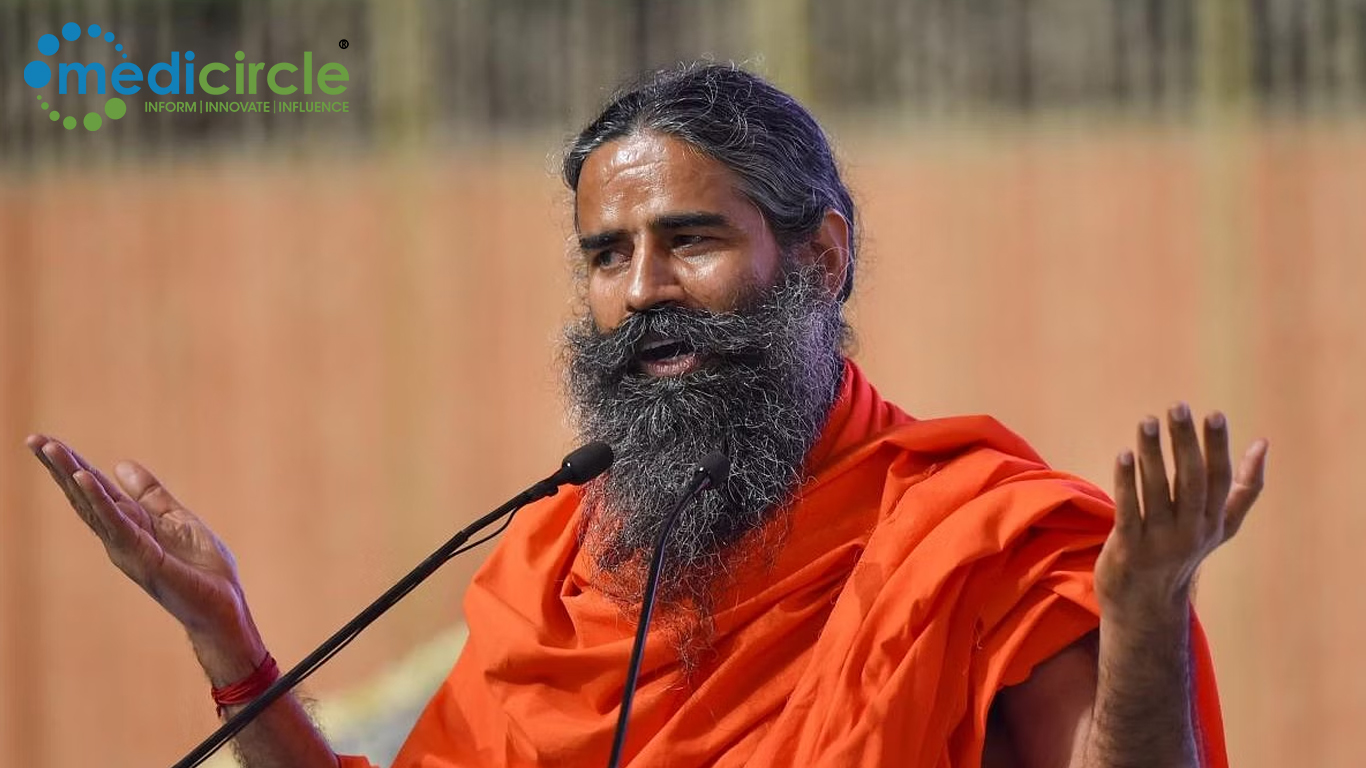"Cancer care gets more complex every year. From risk assessment and molecular profiling to novel mechanisms of action, keeping up can be a challenge," said Dr. Advani. "We're eager to share expert consensus on the latest evidence, in order to help healthcare providers improve outcomes for their patients."
"The clinical trials data and updated recommendations that we're presenting can help clinicians to optimize and individualize treatment selection, minimize toxicities, and manage adverse events," said Dr. Zelenetz. "Not only are attendees learning about the latest updates to various NCCN Guidelines for both rare and common blood cancers, but they also hear commentary and debate around any changes and the thinking that prompted them."
The one-and-a-half day program features challenging case studies and panel discussions on updated management practices across a dozen topics related to blood cancers, including leukemias, lymphomas, multiple myeloma, plus rarer diseases. The congress opens with a debate on chemo-immunotherapy as a first-line treatment for chronic lymphocytic leukemia, and closes with a session on cytotoxic chemo-free first-line therapy for follicular lymphoma. A satellite symposium was recently added on approaches to individualized treatment for chronic lymphocytic leukemia, provided in collaboration with Clinical Care Options, LLC. Additional sessions focus on emerging immunotherapy practices like CAR T-Cell therapy, the role of personalized medicine in treating blood cancers, and what health care professionals need to know about therapeutic biosimilars.
About the National Comprehensive Cancer Network
The National Comprehensive Cancer Network® (NCCN®) is a not-for-profit alliance of 28 leading cancer centers devoted to patient care, research, and education. NCCN is dedicated to improving and facilitating quality, effective, efficient, and accessible cancer care so patients can live better lives. Through the leadership and expertise of clinical professionals at NCCN Member Institutions, NCCN develops resources that present valuable information to the numerous stakeholders in the health care delivery system. By defining and advancing high-quality cancer care, NCCN promotes the importance of continuous quality improvement and recognizes the significance of creating clinical practice guidelines appropriate for use by patients, clinicians, and other health care decision-makers around the world.
The NCCN Member Institutions are: Abramson Cancer Center at the University of Pennsylvania, Philadelphia, PA; Fred & Pamela Buffett Cancer Center, Omaha, NE; Case Comprehensive Cancer Center/University Hospitals Seidman Cancer Center and Cleveland Clinic Taussig Cancer Institute, Cleveland, OH; City of Hope National Medical Center, Duarte, CA; Dana-Farber/Brigham and Women's Cancer Center | Massachusetts General Hospital Cancer Center, Boston, MA; Duke Cancer Institute, Durham, NC; Fox Chase Cancer Center, Philadelphia, PA; Huntsman Cancer Institute at the University of Utah, Salt Lake City, UT; Fred Hutchinson Cancer Research Center/Seattle Cancer Care Alliance, Seattle, WA; The Sidney Kimmel Comprehensive Cancer Center at Johns Hopkins, Baltimore, MD; Robert H. Lurie Comprehensive Cancer Center of Northwestern University, Chicago, IL; Mayo Clinic Cancer Center, Phoenix/Scottsdale, AZ, Jacksonville, FL, and Rochester, MN; Memorial Sloan Kettering Cancer Center, New York, NY; Moffitt Cancer Center, Tampa, FL; The Ohio State University Comprehensive Cancer Center - James Cancer Hospital and Solove Research Institute, Columbus, OH; O'Neal Comprehensive Cancer Center at UAB, Birmingham, AL; Roswell Park Comprehensive Cancer Center, Buffalo, NY; Siteman Cancer Center at Barnes-Jewish Hospital and Washington University School of Medicine, St. Louis, MO; St. Jude Children's Research Hospital/The University of Tennessee Health Science Center, Memphis, TN; Stanford Cancer Institute, Stanford, CA; UC San Diego Moores Cancer Center, La Jolla, CA; UCSF Helen Diller Family Comprehensive Cancer Center, San Francisco, CA; University of Colorado Cancer Center, Aurora, CO; University of Michigan Rogel Cancer Center, Ann Arbor, MI; The University of Texas MD Anderson Cancer Center, Houston, TX; University of Wisconsin Carbone Cancer Center, Madison, WI; Vanderbilt-Ingram Cancer Center, Nashville, TN; and Yale Cancer Center/Smilow Cancer Hospital, New Haven, CT.
.jpg)
 World-renowned experts on blood cancers are meeting in San Francisco on September 27-28, to help clinicians stay up-to-date on new, practice-changing strategies to manage patients with hematologic malignancies, at the NCCN 2019 Annual Congress: Hematologic Malignancies™, presented by the National Comprehensive Cancer Network® (NCCN®), and co-chaired by Ranjana H. Advani, MD, Saul Rosenberg Professor of Lymphoma, Stanford University School of Medicine and Andrew D. Zelenetz, MD, PhD, Medical Director, Quality Informatics, Memorial Sloan Kettering Cancer Center. The Congress will address new, emerging, and novel therapeutic agents, diagnostics, and other advances in the management of blood cancers. The sessions will also explore the growing role of immunotherapies, biosimilars, personalized medicine, and chemotherapeutic options in a rapidly-changing landscape.
World-renowned experts on blood cancers are meeting in San Francisco on September 27-28, to help clinicians stay up-to-date on new, practice-changing strategies to manage patients with hematologic malignancies, at the NCCN 2019 Annual Congress: Hematologic Malignancies™, presented by the National Comprehensive Cancer Network® (NCCN®), and co-chaired by Ranjana H. Advani, MD, Saul Rosenberg Professor of Lymphoma, Stanford University School of Medicine and Andrew D. Zelenetz, MD, PhD, Medical Director, Quality Informatics, Memorial Sloan Kettering Cancer Center. The Congress will address new, emerging, and novel therapeutic agents, diagnostics, and other advances in the management of blood cancers. The sessions will also explore the growing role of immunotherapies, biosimilars, personalized medicine, and chemotherapeutic options in a rapidly-changing landscape.







.png)
.png)
.png)










.jpeg)

.jpeg)










.jpg)




.jpg)

